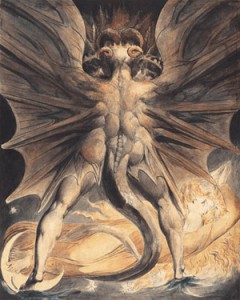 To Benjamin Apthorp Gould Fuller
To Benjamin Apthorp Gould Fuller
Hôtel Foyot
Paris. Jan. 29. 1906
Your criticism, my dear Fuller, of my third volume1 has this defect, which I want to point out to you while the sense of it is still hot within me. You make an insincere objection. Of course there might be any number of finite gods making for righteousness, as there certainly are some natural and human forces making for it. But do you believe there are? In remote parts of nature we may well conjecture that some good is pursued and perhaps attained by beings inconceivable to us. But are these the gods of that living religion which you think I ignore? Of course the gods of actual religion are very confused and impossible monsters; but their essential functions, when discriminated and made articulate, seem to me to be reducible to the two I have insisted upon in my book. These are the rational values, the eternal sources and sanctions of what is sane in religious madness. The madness itself, in its psychological or dramatic texture, cannot be included in the life of reason, though of course it may be referred to in a description of that honourable fraction of our existence; nor do I think that I have left this madness altogether uncharacterised.—As to my injustice to the Neo-Platonists —of whom Plotinus is of course the best and the most Hellenic—I am more inclined to plead guilty, because I know little at first hand about them, and you, in the full blush of your recent erudition, might easily refute me with quotations selected ad hoc. I know that Plotinus, as against even Gnostic Christians, stood for what he called natural and political goods; but nature and society were by that time transfused with a mystical solvent which rendered his official allegiance to them, I imagine, largely deceptive. And his followers made this illusion more transparent and quite let the ascetic cat out of the bag.
You may have all of my furniture that pleases you. You will do me a favour by getting these impedimenta out of my way and out of my mind.
Here all goes well. Hyde has arrived and is very nice to me. The Frenchmen are dulcet and disappointing, but I am having altogether a delightful time.
Yours ever, G. S.
- Religion.
From The Letters of George Santayana: Book One, [1868]-1909. Cambridge, MA: The MIT Press, 2001.
Location of manuscript: The Houghton Library, Harvard University, Cambridge MA
